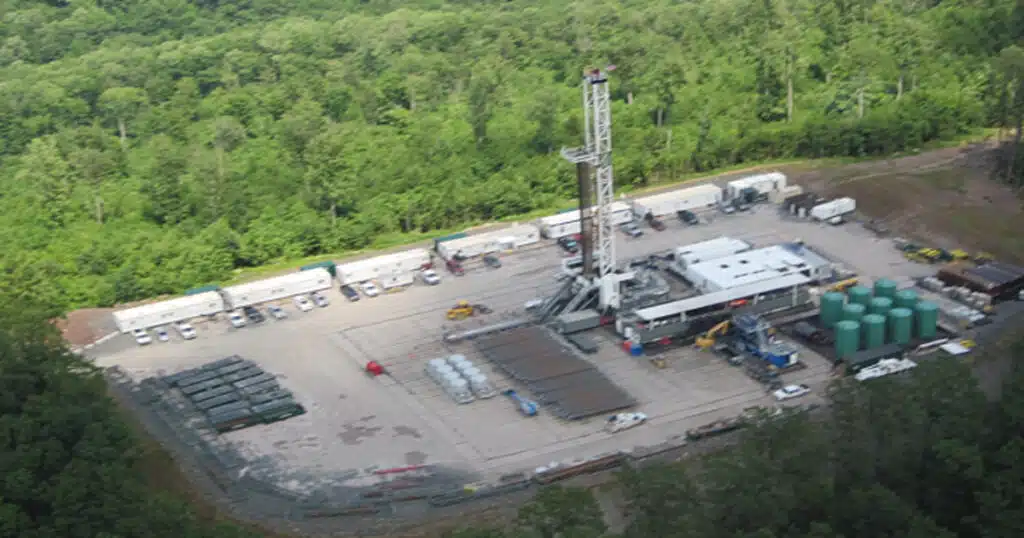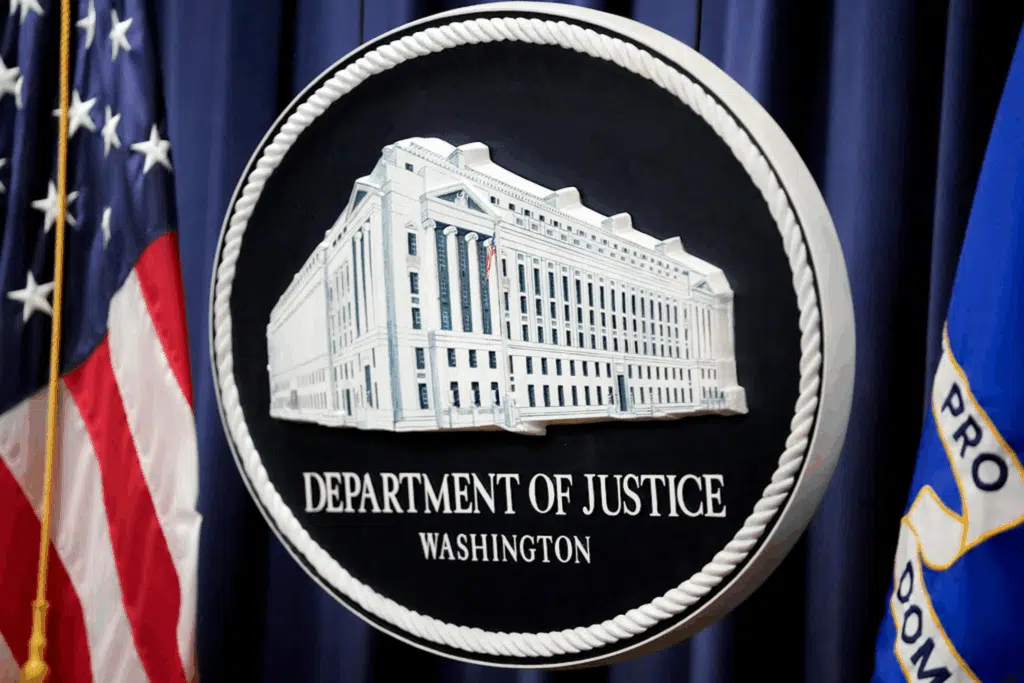
Pennsylvania County Backtracks on Status as Immigrant Sanctuary, Cites Greater Crime and Drugs
A county in western Pennsylvania has announced it has terminated its designation as a “sanctuary county” for illegal immigrants, a the final result of what the county commissioner described as “heartache and angst.”
Butler County, part of the Pittsburgh metropolitan area, was listed online prior to Feb. 21 as a location that impedes immigration enforcement policies, according to local ABC affiliate WTAE-TV.
The county had been included in a list compiled by the Center for Immigration Studies that includes other 16 other counties in Pennsylvania that had claimed immigrant sanctuary status, such as Philadelphia and Allegheny County. The Center has identified about 300 jurisdictions in the country that have policies, ordinances, or in some cases state laws, that prohibit full cooperation with ICE. In contrast, some states, including Texas, Iowa, and Florida, have enacted laws to ban local sanctuary policies.
The county prison board provided clarity last week regarding its association with Immigrations and Customs Enforcement (ICE). In accordance with its policy, the Butler County Prison will acknowledge ICE detainers that contain a warrant, send a list of prisoners to ICE on a weekly basis and permit ICE access to the facility and inmates, according to the WTAE-TV report.
“The sanctuary designation did not reflect our intentions or practices,” said Republican state Rep. Stephenie Scialabba, who spearheaded the effort to remove the designation from Butler County. “We are a county of security and law and order.”
County Commissioner Kim Geyer said the sanctuary designation “created a lot of heartache and angst” among residents who felt it did not reflect Butler County’s values.”
Authorities said they support legal immigration, but they have pinpointed the drug trafficking they are witnessing as a concern because of an influx of illegal immigration.
Officials said they welcome and encourage legal immigration, but point to drug trafficking issues they have seen since the sanctuary status was approved.
“Our crime is not just DUIs and retail theft anymore. We have drugs,” said Richard Goldinger, the county district attorney. “Again, that stuff has not come from citizens that are making fentanyl in Butler County. It’s being brought here.”
According to ICE records, thousands of criminal aliens who were released by sanctuary policies have gone on to commit other crimes, creating an unnecessary public safety hazard. Even San Francisco is now considering modifying its sanctuary policy in oto address the apparent link between the city’s fentanyl problem and drug trafficking by illegal aliens.
The Center is able and ready to help other state and local policy-makers interested in strengthening their policies on cooperating with ICE agents, although it’s assumed die-hard sanctuaries, such as Cook County, Ill., Philadelphia and New York City, will never allow full and appropriate cooperation with ICE absent meaningful incentives and penalties implemented through changes to state or federal laws.
As such, in order to regain greater cooperation of those specific hold-out sanctuary jurisdictions, ICE officials suggest, Congress or individual states or both together could not only clarify that local jurisdictions may (or “must”, in the case of state laws) cooperate with ICE, but also cut off funding those jurisdictions that continue to obstruct ICE enforcement efforts.



